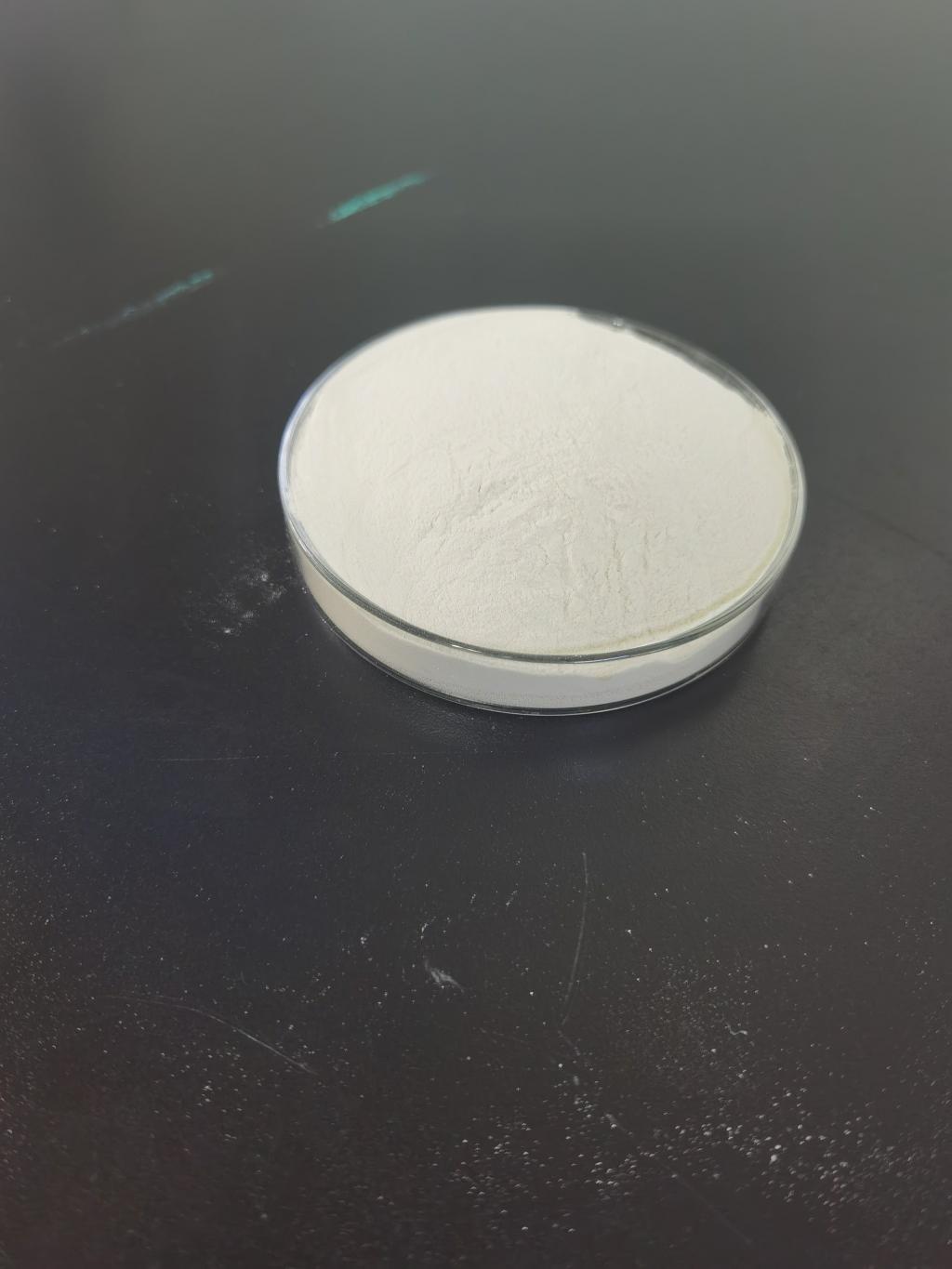Tel:+8618231198596

News
 CONTACT
CONTACT
 CONTACT
CONTACT
- Linkman:Linda Yao
- Tel: +8618231198596
- Email:linda.yao@dcpharma.cn
- Linkman:CHARLES.WANG
- Department:Overseas
- Tel: 0086 0311-85537378 0086 0311-85539701
News
Current Position:
Home >
News
>Are there any studies on the effectiveness of Nisin against foodborne pathogens?
Are there any studies on the effectiveness of Nisin against foodborne pathogens?
TIME:2023-07-07
Introduction:
Ready-to-eat salads and pre-packaged greens have become a staple in modern diets, offering consumers a convenient and healthy option. However, these products are susceptible to contamination by foodborne pathogens, such as Salmonella, Escherichia coli, and Listeria monocytogenes, which can pose significant health risks. The need for effective control measures to ensure the safety of these products has led to the exploration of nisin as a potential solution.
Nisin: Overview and Mechanism of Action:
Nisin is a natural antimicrobial peptide produced by certain strains of Lactococcus lactis. Its mode of action involves binding to the bacterial cell membrane, leading to disruption of membrane integrity and subsequent cell death. Nisin's unique mechanism of action, combined with its broad-spectrum activity against gram-positive bacteria, makes it an attractive option for controlling foodborne pathogens in ready-to-eat salads and pre-packaged greens.
Methodologies for Assessing Nisin's Effectiveness:
Studies evaluating the effectiveness of nisin against foodborne pathogens in ready-to-eat salads and pre-packaged greens employ various methodologies, including inoculation of pathogens onto the products followed by treatment with nisin. Common parameters assessed include microbial counts, pathogen survival, and overall product quality.
Findings from Studies:
4.1. Salmonella:
Several studies have demonstrated the inhibitory effects of nisin on Salmonella growth in ready-to-eat salads and pre-packaged greens. Nisin treatments resulted in a significant reduction in Salmonella populations, enhancing the safety of these products.
4.2. Escherichia coli:
Nisin has also shown effectiveness against Escherichia coli strains, including pathogenic serotypes such as E. coli O157:H7. Studies have reported reductions in E. coli populations following nisin treatment, highlighting its potential for controlling this pathogen in ready-to-eat salads.
4.3. Listeria monocytogenes:
Listeria monocytogenes, a particularly concerning pathogen in ready-to-eat salads, has been targeted in several studies. Nisin treatments consistently led to reductions in Listeria populations, emphasizing its role in improving the safety of pre-packaged greens.
Implications and Considerations:
5.1. Regulatory Considerations:
The use of nisin as a control measure in ready-to-eat salads and pre-packaged greens must adhere to regulatory guidelines and limitations. The permissible concentration of nisin and the specific strains targeted may vary between jurisdictions, necessitating compliance with relevant food safety regulations.
5.2. Synergistic Effects:
Combining nisin with other antimicrobial agents or implementing hurdle technologies may enhance its effectiveness against foodborne pathogens in ready-to-eat salads. Synergistic interactions can potentiate the overall antimicrobial activity and provide an additional layer of protection.
Conclusion:
Nisin has demonstrated effectiveness against various foodborne pathogens in ready-to-eat salads and pre-packaged greens. Its broad-spectrum activity, coupled with its natural origin and mechanism of action, make it an appealing option for enhancing the safety of these products. However, further research is needed to optimize the application of nisin, including determining the most effective concentrations, treatment methods, and compatibility with other control measures. Implementing nisin-based interventions alongside robust food safety practices can contribute to reducing the risk of microbial contamination in ready-to-eat salads and pre-packaged greens, ensuring safer consumption for consumers.
- Tel:+8618231198596
- Whatsapp:18231198596
- Chat With Skype







